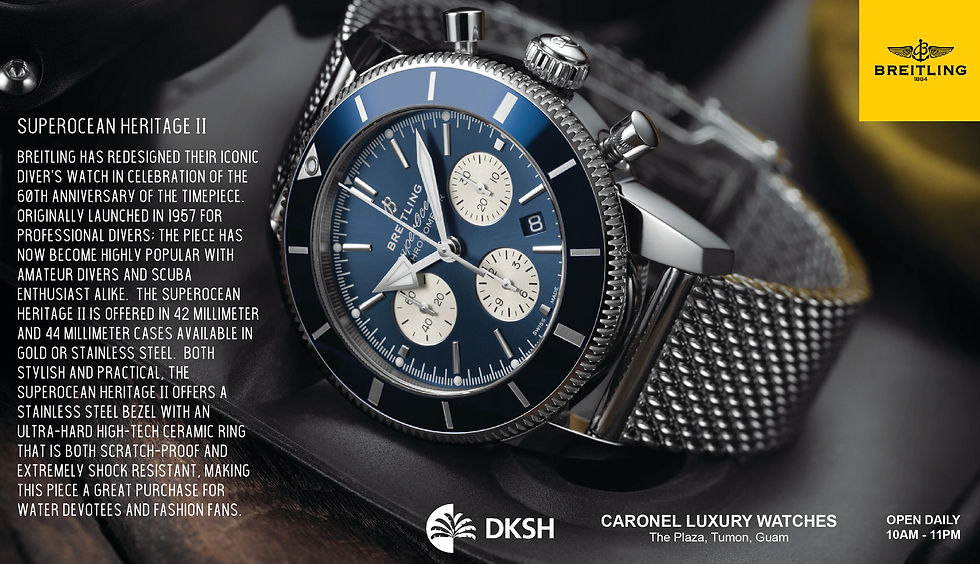More than 5,000 job positions advertised for CNMI
- By Pacific island Times News Staff
- Sep 1, 2019
- 3 min read

The U.S. Department of Labor has issued 2,443 labor certifications for workers as of Friday and advertised 5,666 job vacancies for the CNMI, the Office CNMI Rep. Gregorio Kilili Sablan.
“Our local businesses are worried about the new temporary labor certification process and whether it is moving quickly enough,” Sablan said. “I wanted to meet face-to-face with federal officials on behalf of employers and workers — and get the facts.”
Sablan also said federal labor officials have confirmed that the average processing time to get certification is 41 days — including the 21 days in which Marianas employers are required to post job vacancy announcements, or JVAs.
The temporary labor certification process is required by the U.S. Workforce Act, enacted last July. Sablan included the requirement in the law so that a U.S. citizen, green card holder, or citizen of one of the freely associated states, who is able and available for a job in the Marianas, gets hired before a non-U.S. worker with a CW permit.
Certification also assures that a CW worker will not be hired at a rate of pay lower than a U.S. worker is paid. This protects U.S. workers from being passed over for a job or terminated so Marianas employers can hire cheaper CW labor.
Although new for CW applications, the temporary labor certification is already a requirement for H-2B and other foreign worker visas.
Labor officials also reported that the average time for setting the wage rate for foreign workers had gone down to 11 days. When Sablan requested the briefing last week, the average turnaround time was 18 days.
ADVERTISEMENT

Before an employer can file for a temporary labor certification for any job, they must establish what the rate of pay will be. The U.S. Workforce Act required the Commonwealth Governor to establish the prevailing wage in the Marianas for various categories of work. The Governor could make a good faith effort to contact all employers and find out what they pay or use a randomized survey.
The Commonwealth’s initial prevailing wage survey was submitted in May 2019, almost a year after the U.S. Workforce Act was signed into law. But the survey was incomplete. A second survey received approval from the U.S. Department of Labor this July.
Meanwhile, because the process was new and to give Marianas employers as much time as possible to file, Labor opened the application window on April 4, 2019. The Department also put the process completely online. Mailing hard copies of applications is unnecessary; and, as soon as approved, employers receive their notice electronically.
Once an employer has the prevailing wage, they can file for a temporary labor certification, and Labor then authorizes advertising the job for U.S. workers. The advertising period is 21 days. If no U.S. worker is able, willing, qualified, and available, Labor issues the certification. According to Labor officials 80 percent of certification applications are being approved.
Sablan said U.S. labor officials were generally upbeat about the pace of approval. “They told me that anyone who is currently advertising and properly completes that step in all likelihood will receive certification before the September 30 cut-off for submitting an I-129 to USCIS for a CW permit,” Sablan said. “If so, that is certainly good news. But I will continue to track progress.”
Labor officials told Sablan that there had been a bottleneck because many Marianas employers waited until July to file for a prevailing wage determination.
“There is always a surge of temporary labor certification applications for H-2B visas at this time of the year,” Sablan said. “And, because they waited to file, Marianas employers’ applications overlapped with thousands of H-2B applications nationwide. But the processing center in Chicago is focusing its resources right now, Labor told me, on getting all the H-2B and CW certifications completed.”





